In Part 3 of our SIGHT LINES series we talk with Remy Aucoin, a Trans-Cascadia Work Parties facilitator, about the organization’s trail work efforts.
What is your background in trail work and how long have you been doing it?
I have done trail work as a seasonal job for about 10 years; seven seasons working for the Gifford Pinchot National Forest and with Trans-Cascadia since the Spring of 2018. The field season for trail work dovetails nicely with a seasonal winter job, in my case ski patrolling. The combination is a good way to work and play outside and have some down time in the shoulder seasons.
More recently, Cody Olsen and I have been brought on as a professional trail crew to facilitate the Work Parties. Everything relies on the dedicated crew of volunteers who show up and grind. The planning is year-round but our Work Parties are held monthly June to September. (Be on the lookout for our 2022 dates that will be announced this Winter.)



Trans-Cascadia is a unique event in that it seeks to be more than just a race. What is Trans-Cascadia’s mission?
As mountain bikers with a particular passion for backcountry riding, we gravitate toward big loops and long distance point-to-point rides with large vertical relief on rugged trail surfaces through the sublime scenery of the Cascade Mountains. When routing the stages of Trans-Cascadia, race organizers hope to showcase this type of terrain to the race participants. The reason Trans-Cascadia exists, however, is to curate and preserve these opportunities beyond race week for the broader mountain biking community.
Sometimes this means advocacy work; communicating the ideas, needs, and concerns of our community of trail users to public land managers and policy makers. Primarily, our organization’s mission is realized by taking on the challenge of performing the labor required to keep the considerable distances of trails in our region that are accessible to mountain bikes open and usable.



How would you describe the Trans-Cascadia Work Party experience?
Work Parties are open-invite multi-day gatherings that Trans-Cascadia hosts several times a season and are when the vital maintenance of restoring the multi-use trail networks in remote areas of the Pacific Northwest takes place.
Trans-Cascadia has developed a unique formula that is applied to Work Parties much in the same way the organization puts on its multi-day stage race. Some themes that Work Parties share with the race: long, rough shuttles to the drop point, bike-mountaineering, physical exertion that exceeds expectations, a discerning taste for field sustenance, frugality of rest and recuperation, jaw-dropping natural beauty, and really, really good company.


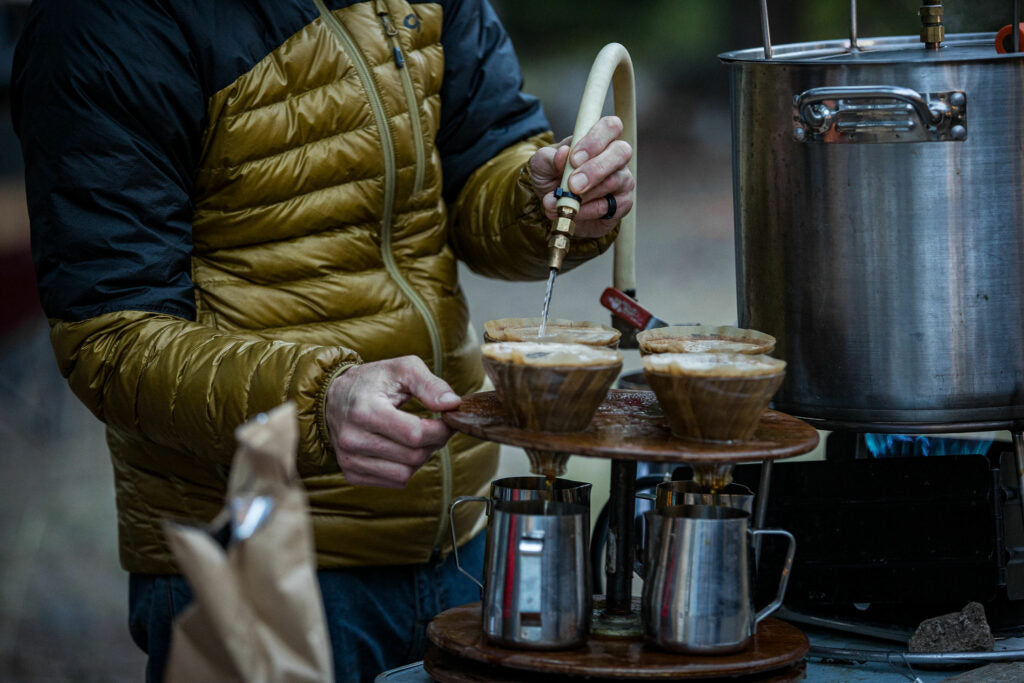
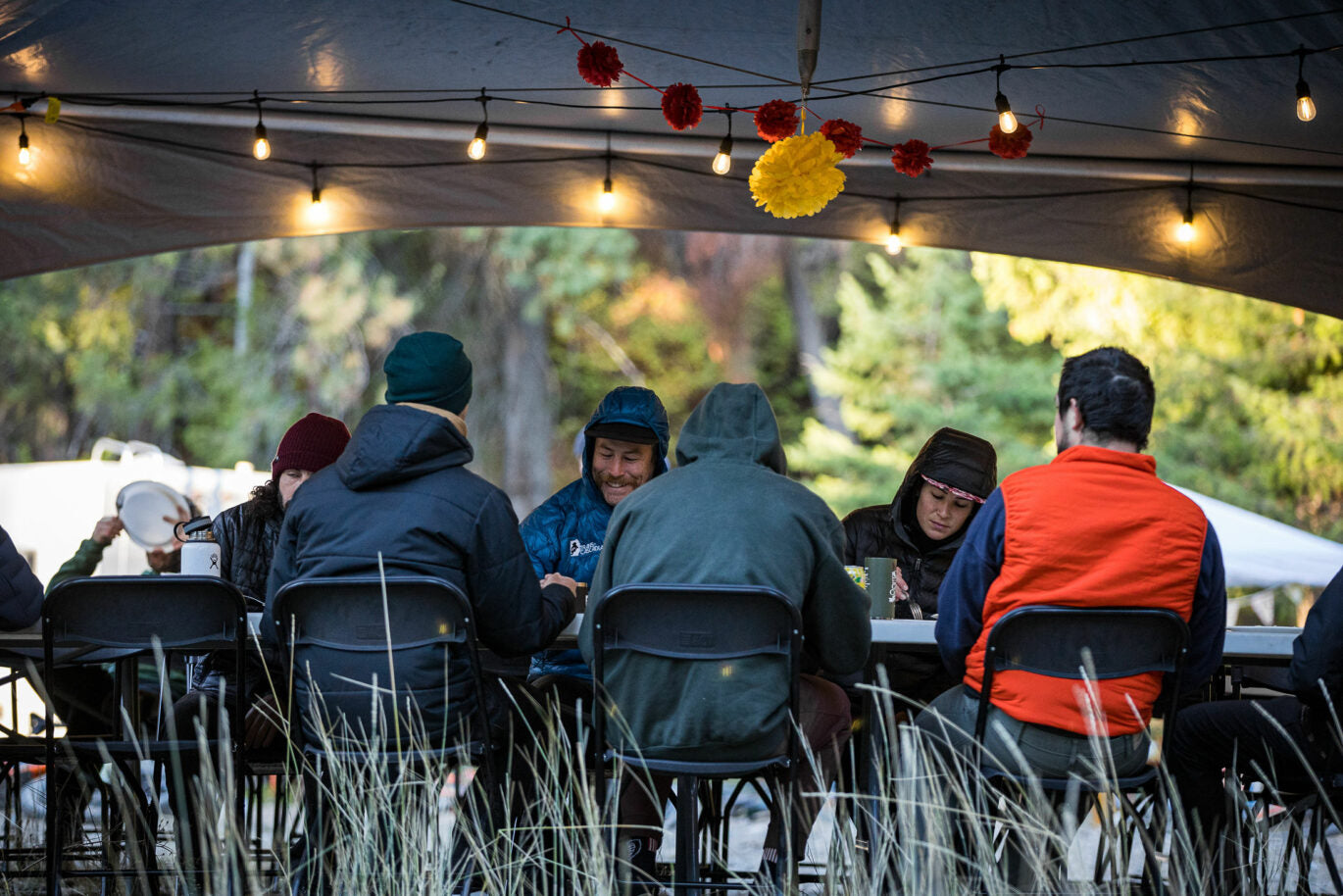
Image set: Riley Seebeck©
The daily program is to break up into crews, travel to all feasible access points and progressively work the trail. The work itself is inherently challenging and rewarding in equal parts. It is never not challenging. You are riding or hiking into a remote work site with a heavy pack of tools, fuel, PPE, and all the things you would normally have on a big ride. Then comes the physically exhausting and mind numbing task of doing the work for 4-6 hours. Think about mowing the lawn, raking leaves, or digging a ditch for most of a day, but for miles. There is no easy way around it—the work is hard.
It’s a tough sell for some folks, but many mountain bikers thrive on it; these are the volunteers that keep coming back for more every Work Party. The reward is fairly constant as well. You are able to ride out at the end of the day on a freshly cleared trail that was, in many cases, impassable (or at least not fun to ride) before you and your buddies got there and did the work. Furthermore, you are stewarding the opportunity for others to experience these places—that feels good. Back in camp expect to refuel and replenish with deluxe meals and beverages prepared by professionals.


Based on your experience, are there any misperceptions about what goes into trail work
I think for most mountain bikers “trail building”, “builder”, “build days”, etc. are catch-all terms that describe any activity of working on trail. I prefer to avoid the word “build” unless I am referring to new trail construction. The majority of the work Trans-Cascadia does is on existing National Forest System trails and is categorized as maintenance. Any new construction on Federally managed lands requires the NEPA (National Environmental Policy Act) process which is a whole different conversation.
TC has and will continue to advocate for and be involved in the design and implementation of new trails (undergoing the NEPA process, as required by law) where they are needed. Calling what we do at Work Parties “trail work” or “maintenance” is accurate and helps to avoid any misperceptions from land managers and other user groups that may assume unauthorized trail construction is occurring when the term “build” is used.
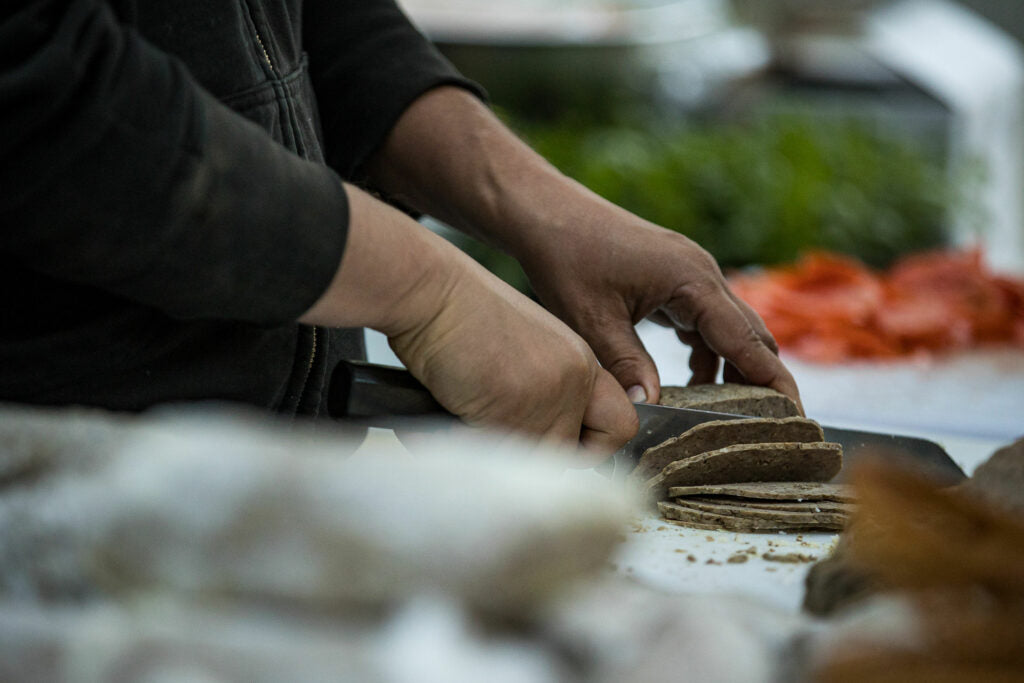





Image set: Riley Seebeck©
How can others get involved in TC’s trail work efforts?
It takes a collective of responsible visitors to maintain access to wild places, especially on multi-use backcountry trails. Trans-Cascadia, in cooperation with the US Forest Service and in collaboration with trail advocacy organizations representing the spectrum of uses, is putting in the work.
If anything about this interests you, come out to a Work Party and be a part of it. When you do, you will experience the near-instant gratification of reclaiming trails, the reward of sustaining an irreplaceable recreation opportunity and you will spend some quality time in the woods with a group of folks that represents the core of mountain biking in this region. If you can’t make it out to a Work Party, consider a donation. If you ever plan to visit this region with a mountain bike, that money is well spent.
Cover photo: Riley Seebeck©
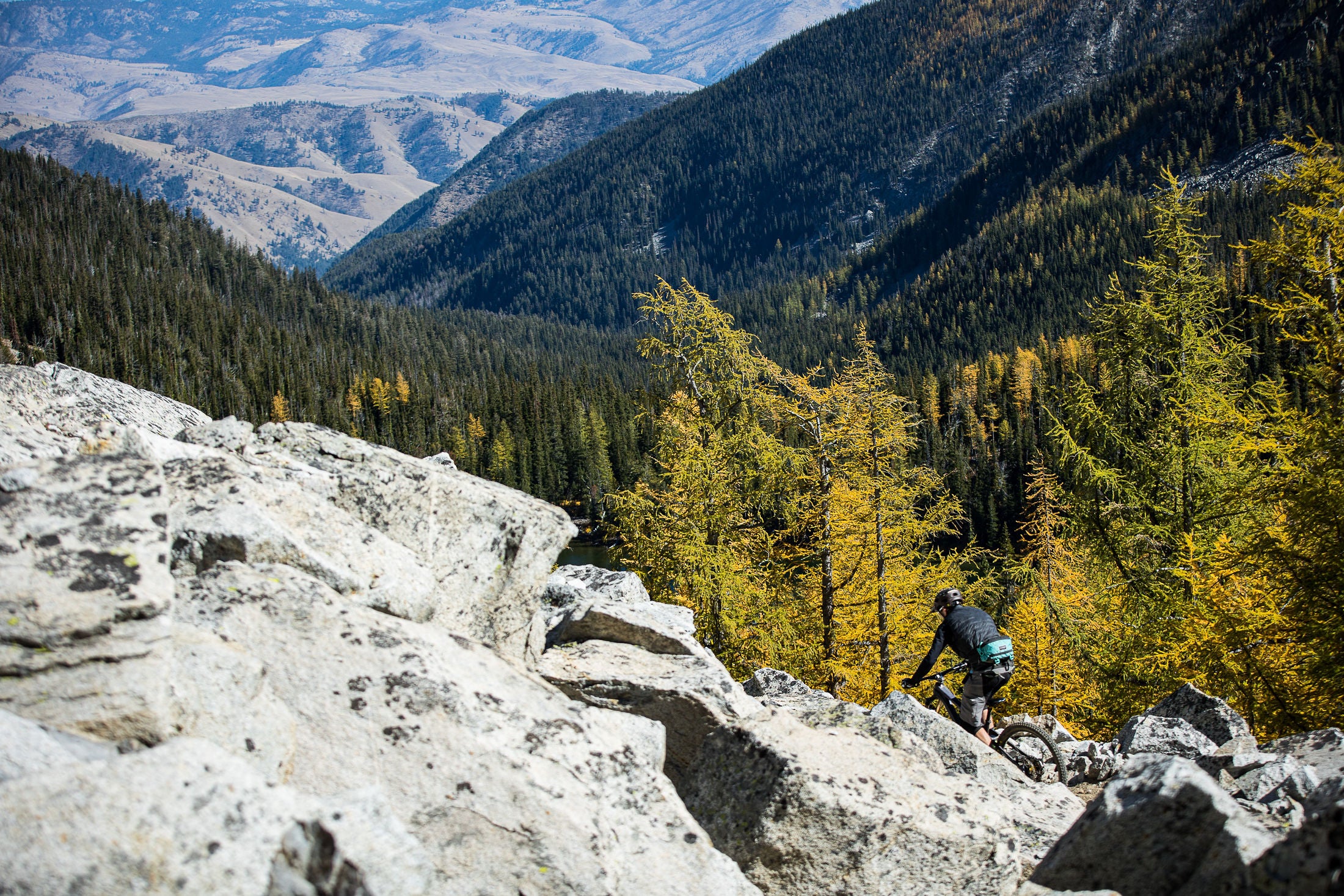
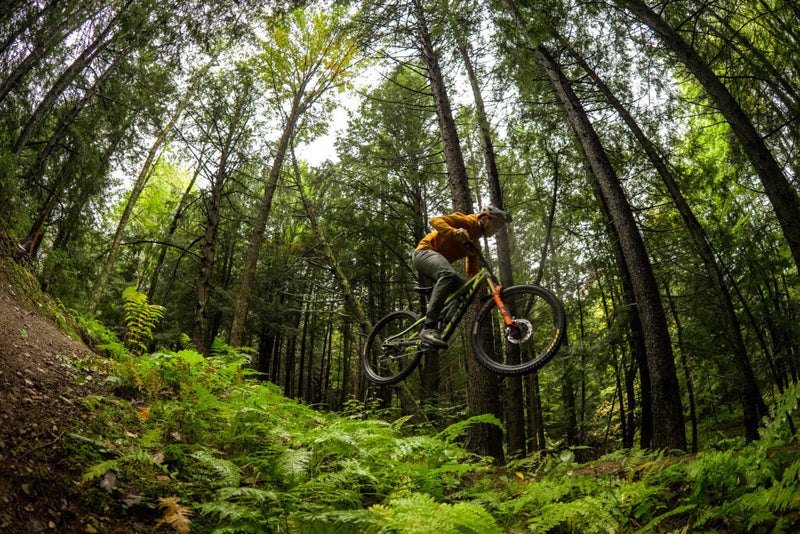
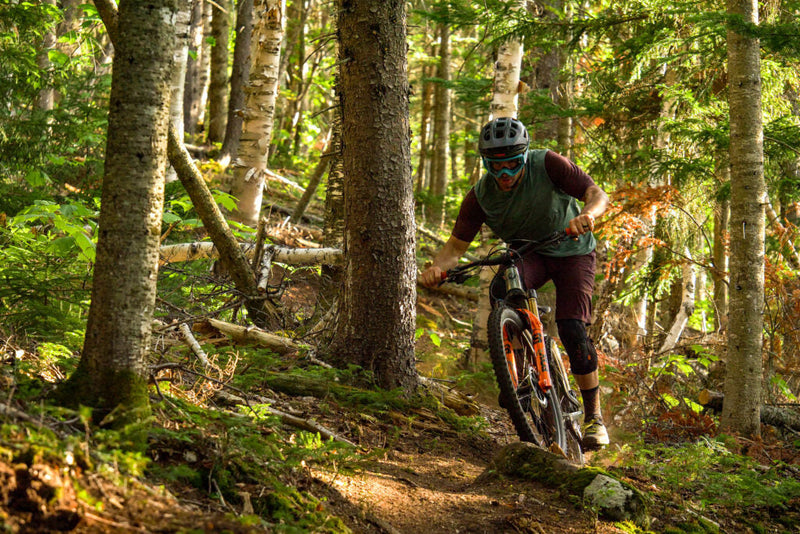
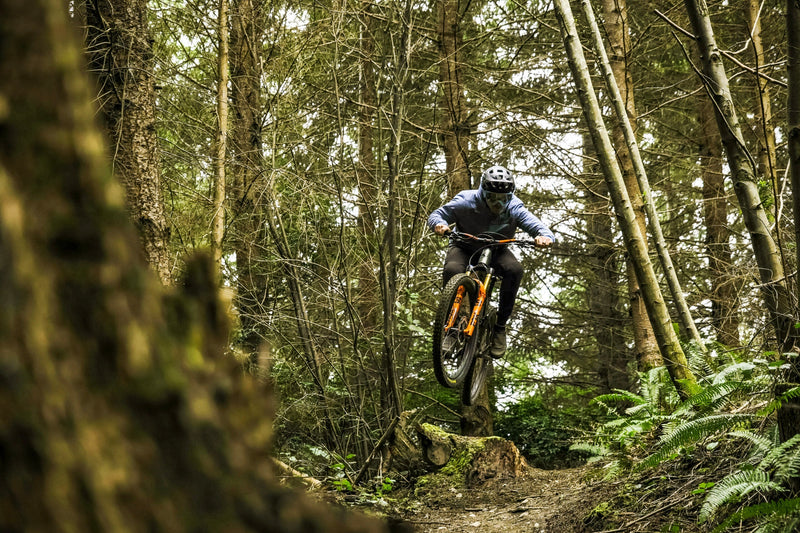

Comments